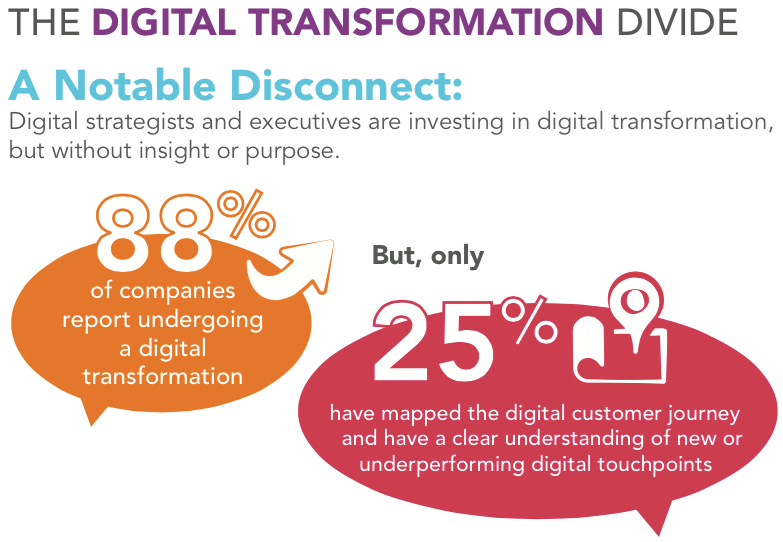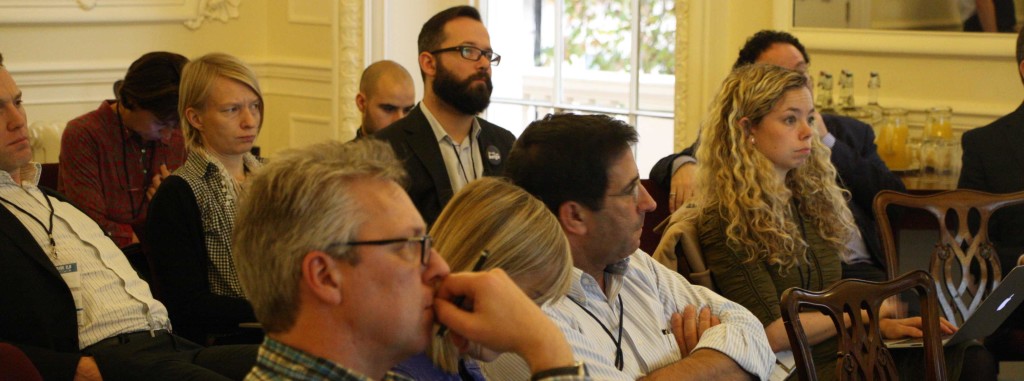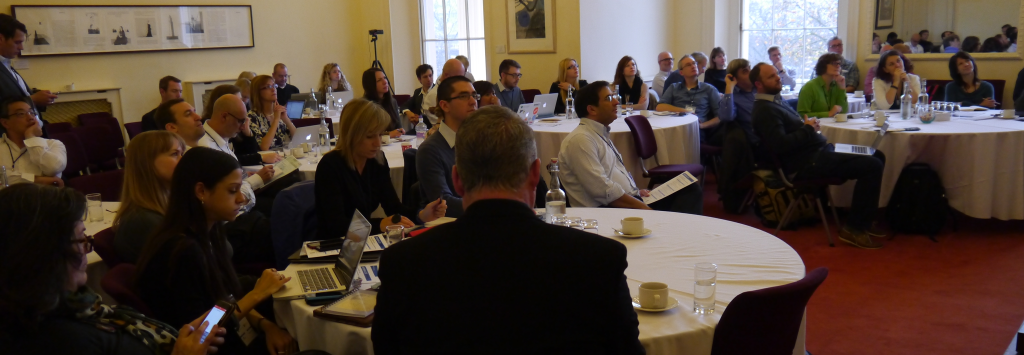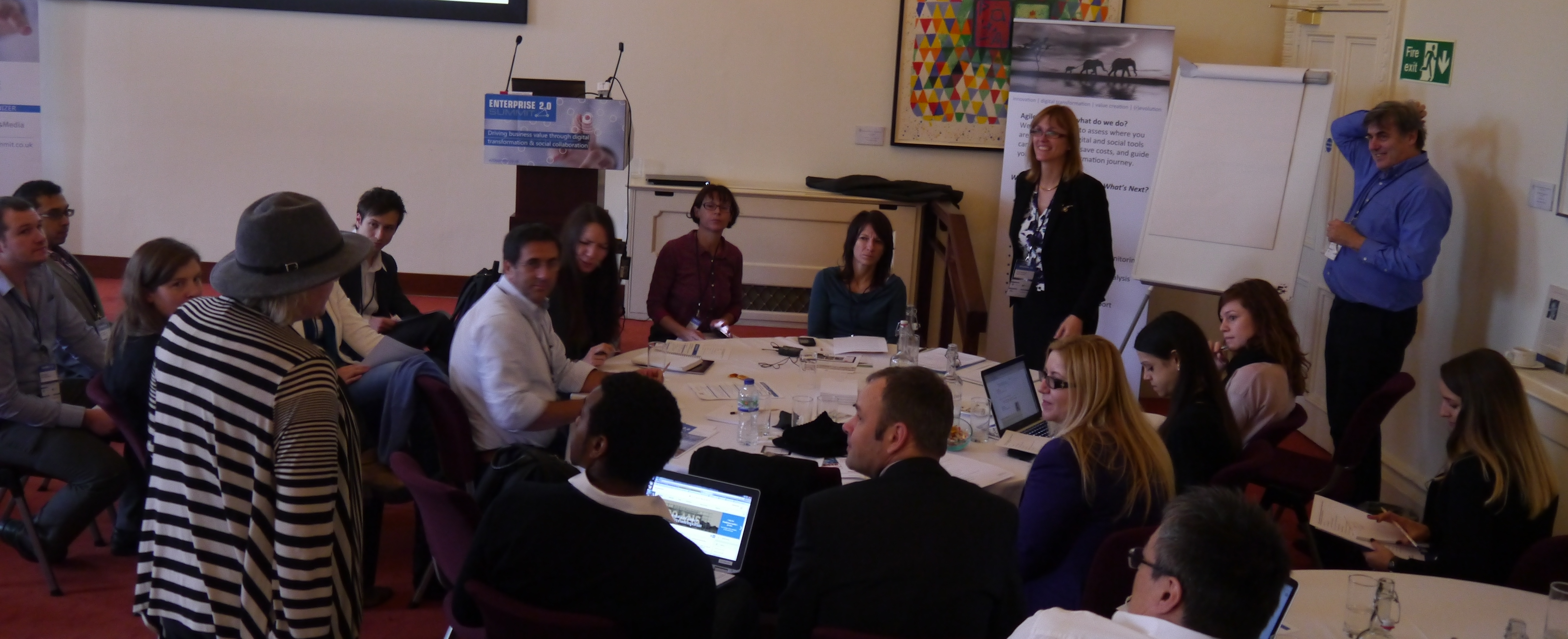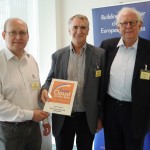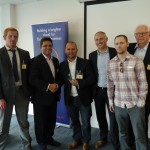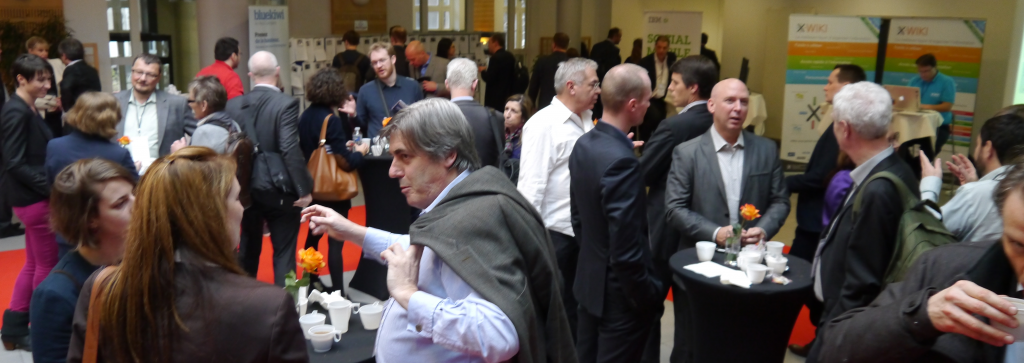As many of you know we host regular Social Business MeetUps in central London. The idea is to provide a regular forum where we and others in the social business and digital transformation space can share ideas, experiences and models for helping organisations transition to new ways of working and, in doing so, create new connections that lead to community.
We’re really delighted to have Euan Semple as our main speaker to kick this month’s session off with his take on “Changing Dinosaurs and Lipstick on a Pig” in which he states: “Sometimes it feels like I am spending my career attempting to resuscitate dinosaurs and I wonder if it might be kinder to shoot them and move on.” We’re looking forward to creating some lively debate around this theme! As many of you will know Euan is author of “Organizations Don’t Tweet, People Do: A Manager’s Guide to the Social Web” and is a well known keynote speaker.
After Euan then anyone can speak for 5 minutes so if you feel like it then sign up by adding a comment here against the meeting. Providing that it connects to social business, digital transformation or the future of work, it can be anything you fancy. You can have a further 5 minutes for questions.
Our next session will be this Wednesday 9th September at the ICA on the Mall so if you’re interested then please sign up. We’ll start at 6.00pm in the ICA Bar (in a reserved area located to the left of the Bar entrance under the arches).
Many thanks to our sponsors Kongress Media and we hope to see you there.


